Despite Nigeria’s vast maritime assets and the establishment of a dedicated Ministry for Marine and Blue Economy, the nation risks squandering its ocean-based economic potential unless sweeping policy and institutional reforms are urgently implemented, maritime experts have warned.
At a high-level executive media workshop hosted by the International Maritime Institute of Nigeria (IMION), industry leaders, legal experts, and retired naval officers presented a sobering assessment of the country’s maritime landscape, calling for a national reset in policy direction, infrastructure investment, and public engagement.
Delivering a keynote on “Frameworks and Policies for Sustainability in the Blue Economy,” maritime lawyer and Senior Advocate of Nigeria, Funke Agbor, decried Nigeria’s inability to capitalize on its geostrategic maritime positioning. She identified overlapping regulatory mandates, poor enforcement capacity, and underdeveloped port and coastal infrastructure as persistent barriers to progress.
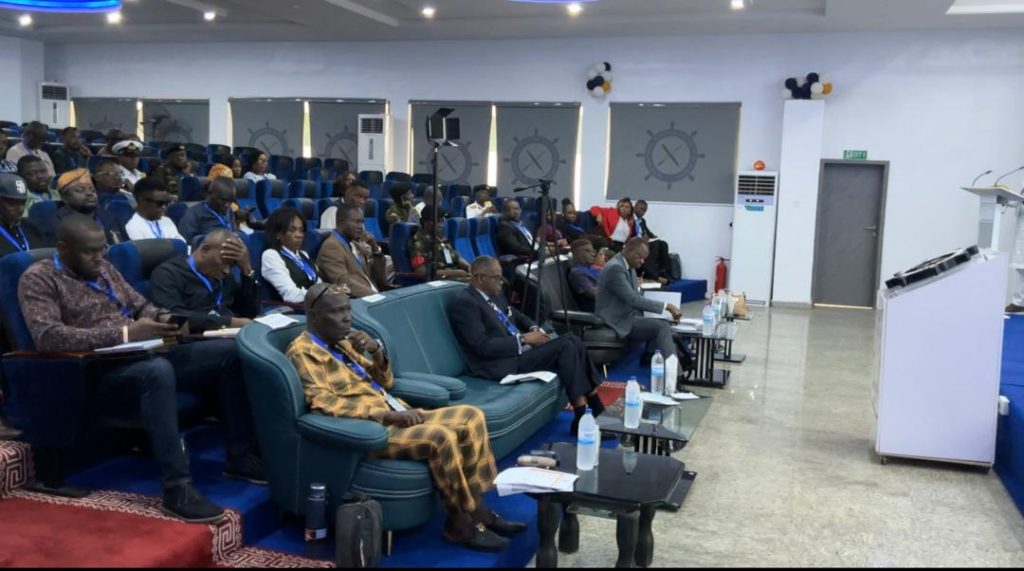
“Our maritime potential is enormous, but it continues to be squandered by institutional fragmentation and lack of a coherent policy framework,” Agbor said. “If we do not act decisively, our blue economy vision will remain aspirational, not actionable.”
Her concerns were echoed by Rear Admiral (Dr.) FD Akpan (Rtd), who described Nigeria’s current approach to the blue economy as “subsistence-level” and out of sync with global innovation trends. Despite policy advancements most notably, the creation of the Ministry in 2023 he warned that the country’s maritime agenda remains disconnected from the transformative opportunities being pursued in other nations.
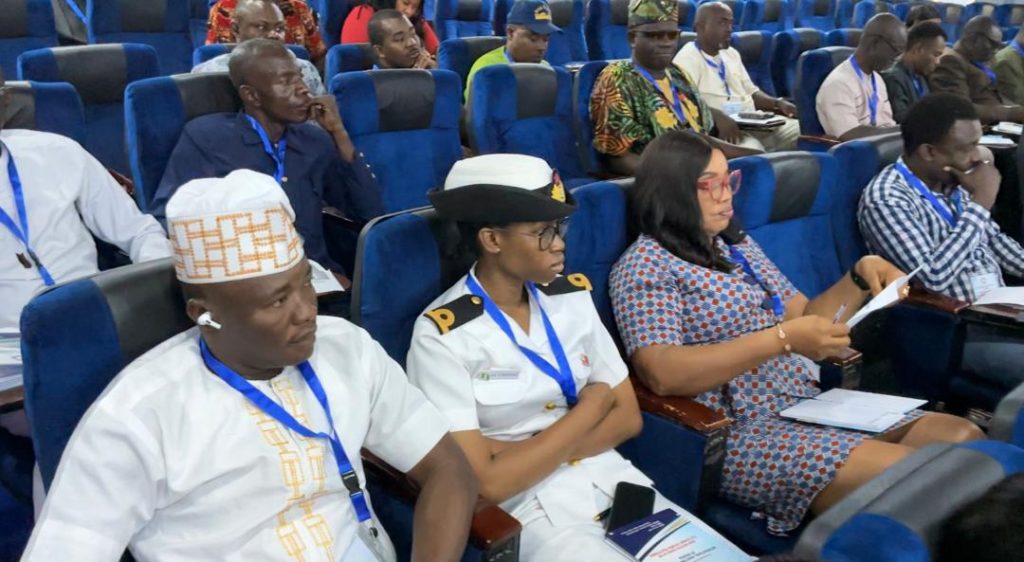
“We are still operating as if we’re in the past, while other countries are leveraging technology, private sector investment, and regional integration to unlock the full value of their ocean economies,” Akpan noted.
Akpan also drew attention to Nigeria’s underutilized marine assets—including a 420-nautical-mile coastline, an exclusive economic zone (EEZ) spanning 200 nautical miles, and expansive inland waterways. He called for bold investments in infrastructure, marine security, fisheries governance, and ocean-based renewable energy to anchor the country’s maritime transformation.
The speakers urged the Nigerian government to align its domestic maritime governance with international legal frameworks such as UNCLOS, MARPOL, STCW, and SOLAS, while fully operationalizing national instruments like the Cabotage Act, NIMASA Act, and Petroleum Industry Act (PIA).
There was cautious optimism about the recently unveiled 10-Year Blue Economy Policy (2025–2034), which aims to attract over $2 billion in offshore renewable energy investment and create up to three million jobs. However, both Agbor and Akpan emphasized that success would hinge on robust implementation, cross-agency coordination, and inclusive stakeholder engagement particularly with coastal communities and indigenous maritime professionals.
While acknowledging Nigeria’s removal from the global piracy list in 2022 as a major milestone, Akpan warned that threats such as illegal fishing, oil theft, and inland waterway insecurity remain unresolved. He called for stronger inter-agency collaboration particularly between the Nigerian Navy, NIMASA, and other security stakeholders and wider deployment of surveillance tools such as Falcon Eye and maritime drones to secure the marine domain.
In his opening address, Rear Admiral Thaddeus Udofia (Rtd), Director General of IMION, underscored the media’s role in building public awareness and driving national accountability.
“The stories you tell, the facts you report, and the perspectives you shape have the power to transform Nigeria’s relationship with its marine environment,” Udofia told participating journalists.
“Your role is not just to inform it is to inspire stewardship, demand transparency, and catalyze national development.”
Udofia encouraged media professionals to deepen collaborations across borders and become strategic partners in advancing a sustainable blue economy not just for Nigeria, but for the wider Gulf of Guinea region.
As momentum builds around Nigeria’s blue economy ambitions, experts agree that the next decade will be pivotal. Whether Nigeria rises to harness its maritime potential or remains adrift amid policy inertia will depend on the choices made today.

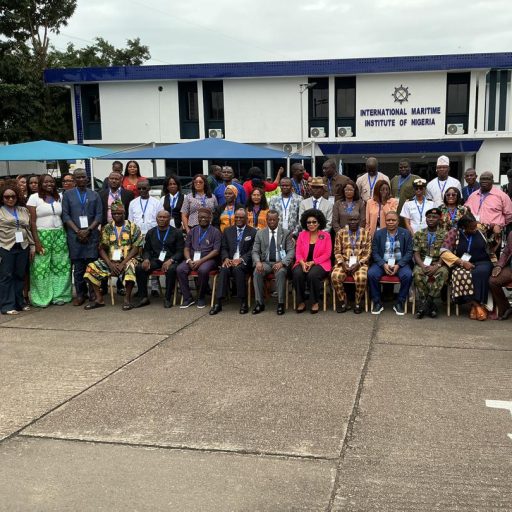

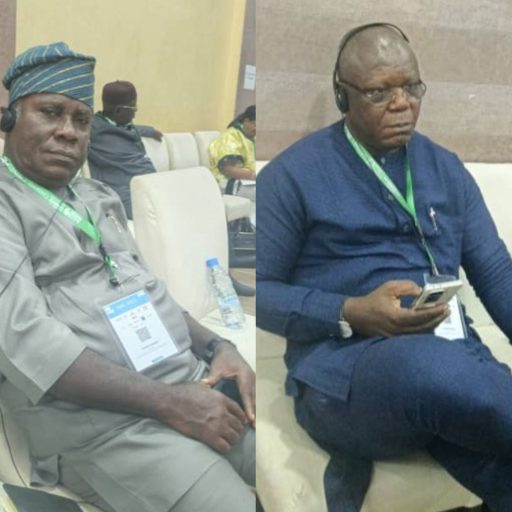



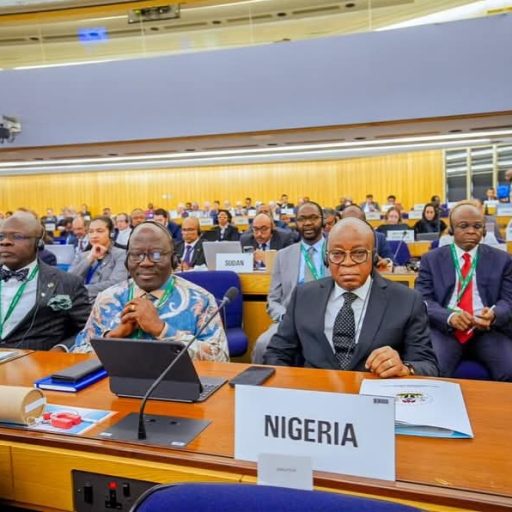



Leave a Reply